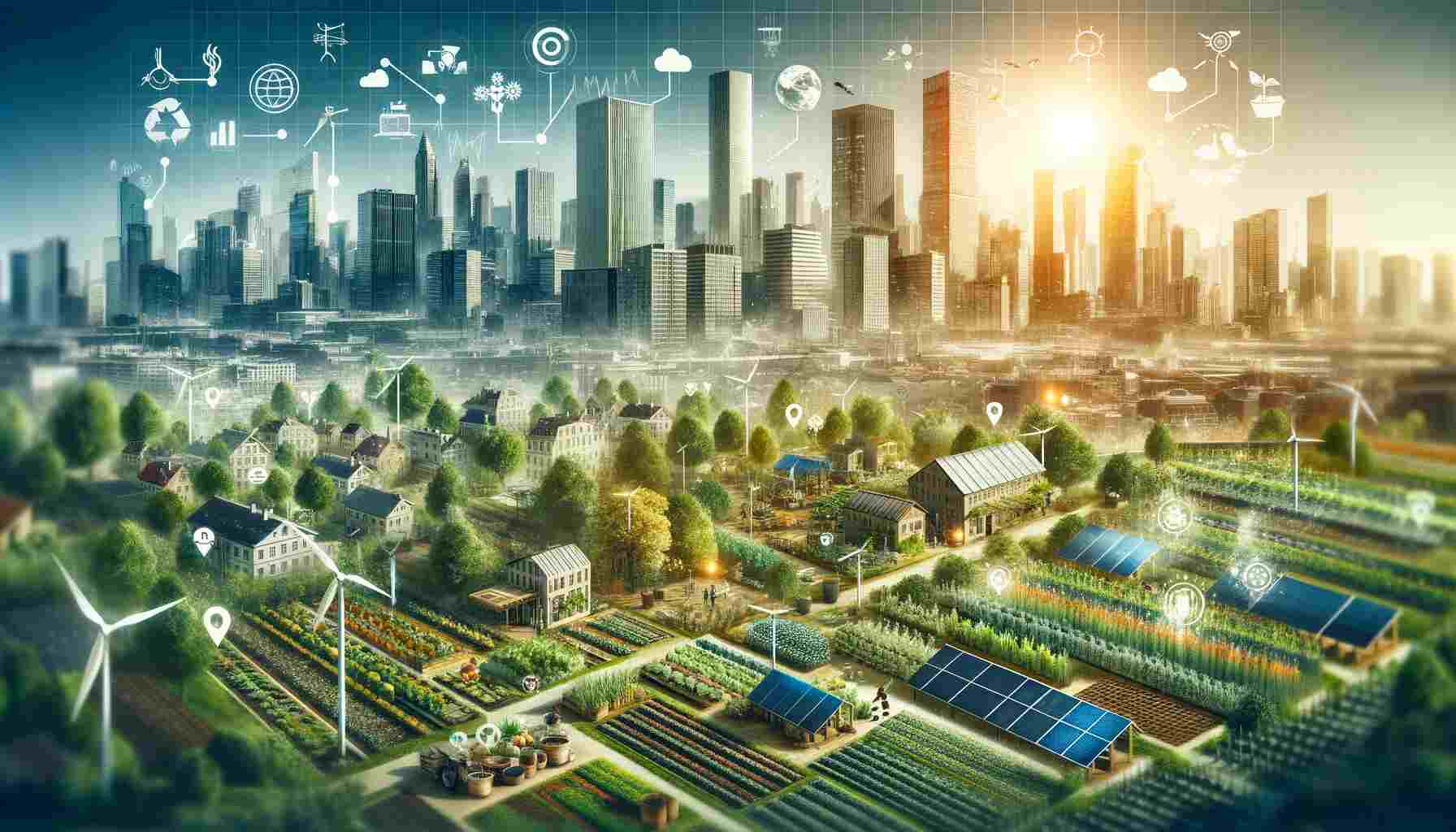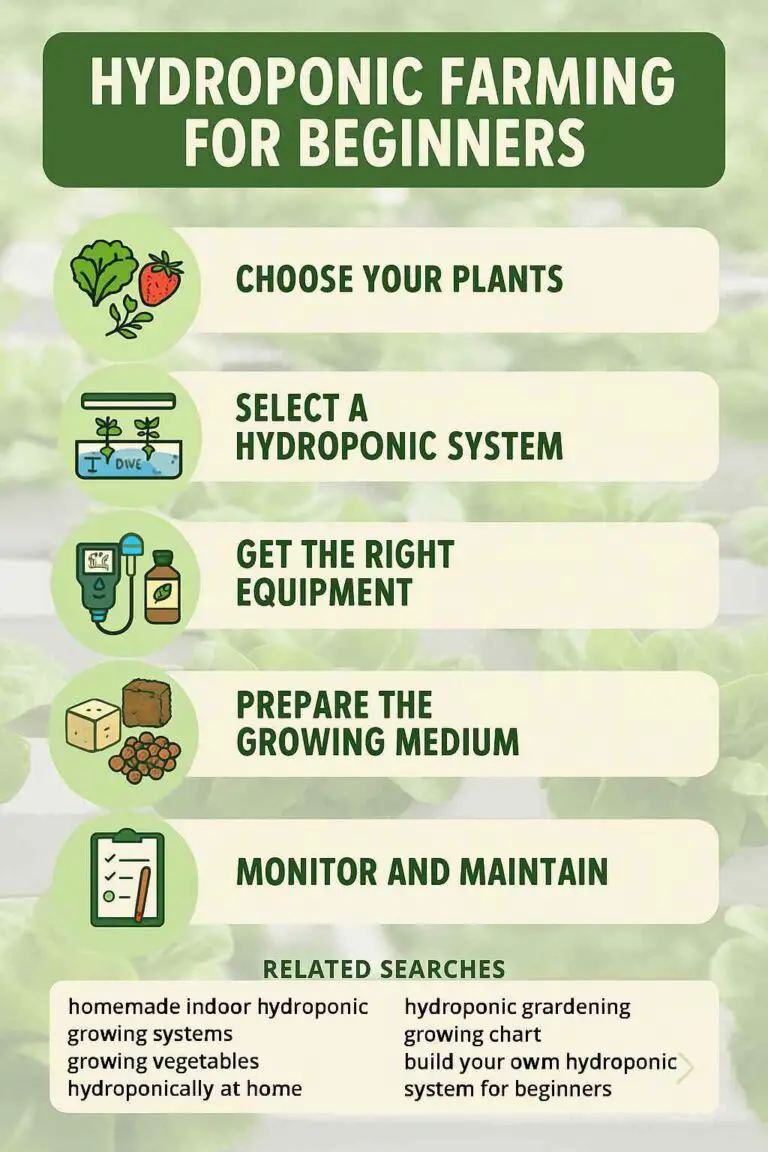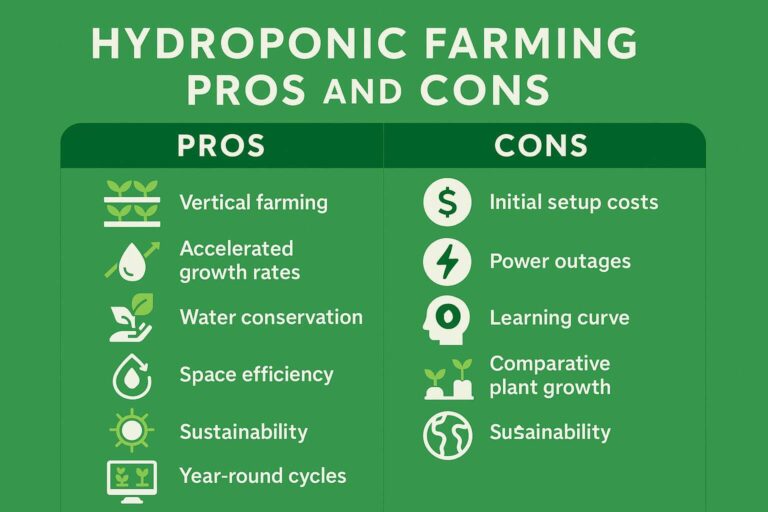Urban farming, a growing trend in cityscapes around the world, promises fresh produce and a greener urban environment. However, recent research from the University of Michigan has uncovered a surprising twist: the carbon footprint of urban-grown fruits and vegetables can be substantially higher than those grown conventionally.
This article delves into the findings of this study, exploring the reasons behind the increased carbon footprint and examining potential solutions to mitigate these environmental impacts.
The University of Michigan Study: Key Findings
The University of Michigan’s research presents a nuanced view of urban agriculture’s environmental impact. Key findings include:
- High Carbon Footprint: Urban farms have an average carbon footprint six times greater than conventional farms.
- Factors Contributing to Higher Emissions: The study attributes this to factors such as the use of small-scale machinery, frequent transport trips, and the energy demands of urban greenhouses.
Understanding the High Carbon Footprint
Urban farming’s higher carbon footprint can be attributed to several factors:
- Energy-Intensive Practices: Urban farms often rely on artificial lighting and temperature control, especially in regions with less favorable growing conditions.
- Transport and Machinery: Smaller scale operations mean more frequent use of transport and machinery relative to the amount of produce harvested.
- Space Constraints: Limited space in urban areas can lead to less efficient farming practices compared to sprawling rural farms.
Mitigating the Carbon Footprint
Despite these challenges, the study also highlights effective strategies to reduce the carbon footprint of urban farming:
- Composting: Implementing composting can reduce waste and provide natural fertilizer, cutting down the reliance on synthetic alternatives.
- Crop Selection: Focusing on crops that are traditionally grown in greenhouses or require air transport can leverage urban farming’s proximity to consumers, reducing transport emissions.
- Renewable Energy: Utilizing renewable energy sources for powering greenhouses and machinery can significantly reduce emissions.
The Bigger Picture: Urban Farming’s Role in Sustainable Development
While the study raises concerns, it’s crucial to consider the broader benefits of urban farming:
- Local Produce: Reduces long-distance transport emissions and promotes fresher, healthier food options.
- Community Engagement: Encourages community involvement and education about sustainable practices.
- Biodiversity: Can increase green spaces in urban areas, promoting biodiversity.
Conclusion
A Step Towards Greener Cities
The University of Michigan’s study is a vital contribution to understanding the complexities of sustainable urban development. While urban farming faces challenges in terms of its carbon footprint, with informed strategies and innovative practices, it holds the promise of contributing positively to greener, more self-sufficient urban communities.
Further Reading
For more detailed insights, refer to the original study from the University of Michigan and explore related literature on urban agriculture’s environmental impacts. Stay informed and engaged with the latest research to make urban farming a cornerstone of sustainable urban living.








